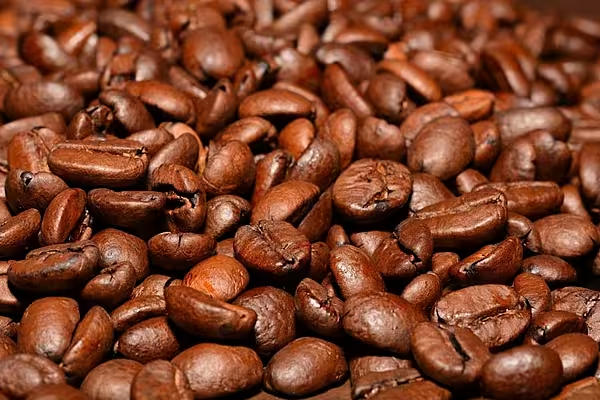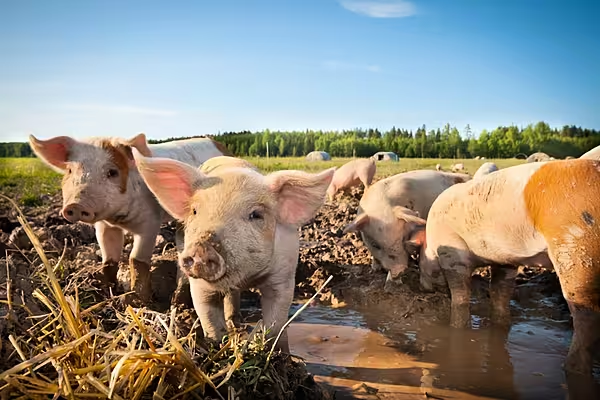Ample rains in most of the sugar and coffee areas in Brazil this week are expected to bring harvest operations to a halt, but forecasts indicate precipitation will pause at the end of this week and a prolonged dry period will follow.
According to Eikon's Agriculture Weather Dashboard, coffee areas in the main producing area in the south of Minas Gerais state will receive around 15 millimetres (0.6 inch) of rain early this week.
The same pattern is seen for sugar cane areas such as Piracicaba and Ribeirão Preto, in the main sugar state of Sao Paulo.
Dry Weather
In both cases, however, rains are expected to stop from Wednesday or Thursday and then some 10 days of dry weather should allow mills and coffee producers to resume harvest operations in good conditions.
"Many mills should stop harvesting, but they will be able to make up for the lost time through June," said Celso Oliveira, an weather expert at Somar Meteorologia in Sao Paulo.
He says there has been more rains than normal this year, considering April and May, caused by the El Nino climate phenomenon. Oliveira says El Nino should continue to influence weather in Brazil until later this year.
"It could be good for cane plantations, but not so good for coffee," he said.
Alternating Weather
Cane in general benefits from alternating weather, with periods of rain and dryness. For coffee, Oliveira said, rains during the winter time could impact quality of beans, and might impact flowering for next year's crop.
"Coffee trees usually need a water stress to be able to bear more flowers when the spring comes," he said.
Coffee analyst Pharos said in a report on Monday that most coffee areas in Brazil reported above-average precipitation for February, April and May, something that has disturbed farmers in their initial harvest work.
Improvement On Harvest
Since most of Brazil's coffee is collected in June and July, there is time for an improvement on harvest and coffee drying operations.
Brazil is expected to harvest a smaller coffee crop this year, seen by analysts at between 53 million and 58 million 60-kg bags, compared to 63 million bags last year.
The centre-south cane crop is seen stable compared with the previous season, at around 570 million tonnes.














